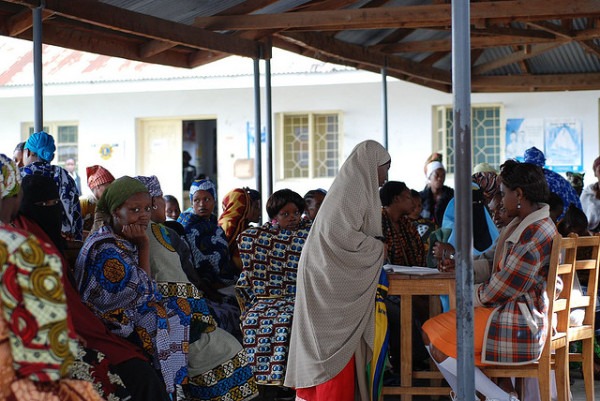Item Link: Access the Resource
Date of Publication: January 7, 2015
Year of Publication: 2015
Publication City: Washington, DC
Publisher: The Nature Conservancy
Author(s): Kristen Patterson
“One progressive way of helping at-risk people adapt to climate change is to improve their health. Voluntary family planning, which greatly improves women’s health, could play a part in a rights-based strategy that advances adaptive capacity and women’s health simultaneously. In addition, more scientists and governments have made the connection between population growth and global carbon emissions and have recognized the multiple benefits that family planning provides…
Tanzania is acutely vulnerable to climate change: mean annual precipitation has decreased significantly across the country from 1960 to the present, and seasonal rainfall patterns have already changed. With 80% of the population relying on agriculture and pastoralism for their income, livelihoods, and employment, ensuring that the country and its people are able to adapt to a changing climate is essential. And family planning is a critical component of building resilience.”
The views and opinions expressed through the MAHB Website are those of the contributing authors and do not necessarily reflect an official position of the MAHB. The MAHB aims to share a range of perspectives and welcomes the discussions that they prompt.
